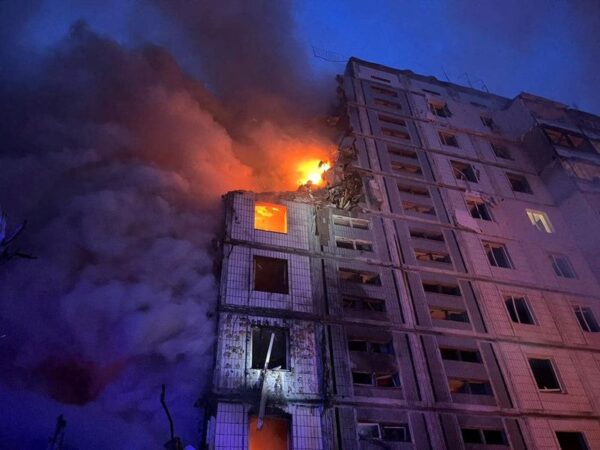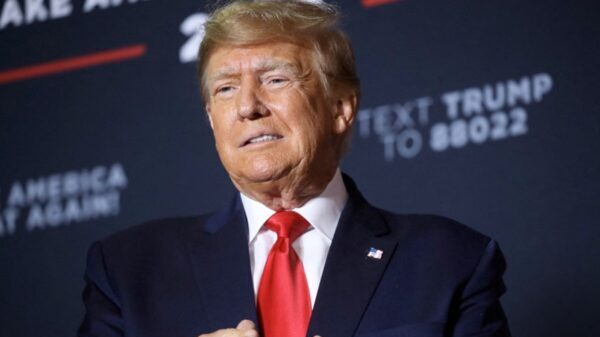india on Wednesday hosted a indigenous peak to bandy the ongoing situation in neighbouring Afghanistan following the fall of the democratically- tagged government and the posterior Taliban preemption of the country. The conference is being chaired by India’s National Security Advisor (NSA) Ajit Doval and his counterparts from Iran, Russia, Kazakhstan, Kyrgyzstan, Turkemenistan and Tajikistan are at the attendance The peak is being attended by Iran’s clerk of Supreme National Security Council Admiral Ali Shamkhani; Kazakhstan’s Karim Massimov, president of public security commission; Marat Mukanovich Imankulov, clerk of the security council of Kyrgyz Republic; Nikolai P Patrushev, clerk of the security of the Russian confederation; Nasrullo Rahmatjon Mahmudzoda, clerk of security council of Tajikistan; and Charymyrat Kakalyyevvich Amavov, deputy president of cabinety of ministers of Turkemenistan. Uzbekistan’s Victor Makhmudov, clerk of the security council is also there.
India had formally invited the NSAs of Russia, Iran, China, Pakistan, Tajikistan and Uzbekistan for the meeting. Still, China and Pakistan had formerly said that they won’t be attending the conference. No delegation from Afghanistan was invited This is the first time that all Central Asian countries – and not just Afghanistan’s immediate land neighbours, Tajikistan, Turkmenistan and Uzbekistan – are sharing in conversations in this format along with Kazakhstan and Kyrgyz Republic, according to people apprehensive of the developments.
The meeting is being seen as part of Indian sweats to remain applicable in addressing the fallout of the developments in Afghanistan This is the third similar meeting that’s being held on the Afghan situation. The former two indigenous meetings in this format were held in Iran in September 2018 and December 2019 Meanwhile, Kabul is seeing the conference as a hopeful step to” grease the provision of backing to Afghanistan,”as per original media reports Taliban took over Afghanistan in August in a military descent in the fate of troop pullout by the United States and its other Nato abettors. The chaotic exit led to a major philanthropic extremity in Afghanistan.
No country has formally recognised the Taliban government in Afghanistan and the country is on the verge of profitable collapse as transnational aid has stopped. Afghanistan is also facing a trouble from the Islamic State, which has ramped up attacks over the last many months Since the Taliban preemption, the Indian government has advised the global community not to rush into any formal recognition of the setup created in Kabul. It has also prompted the world leaders to insure that the Taliban deliver on their commitments that Afghan soil won’t be used by terror groups, especially Pakistan- grounded organisations similar as Lashkar-e-Taiba and Jaish-e-Mohammed.







